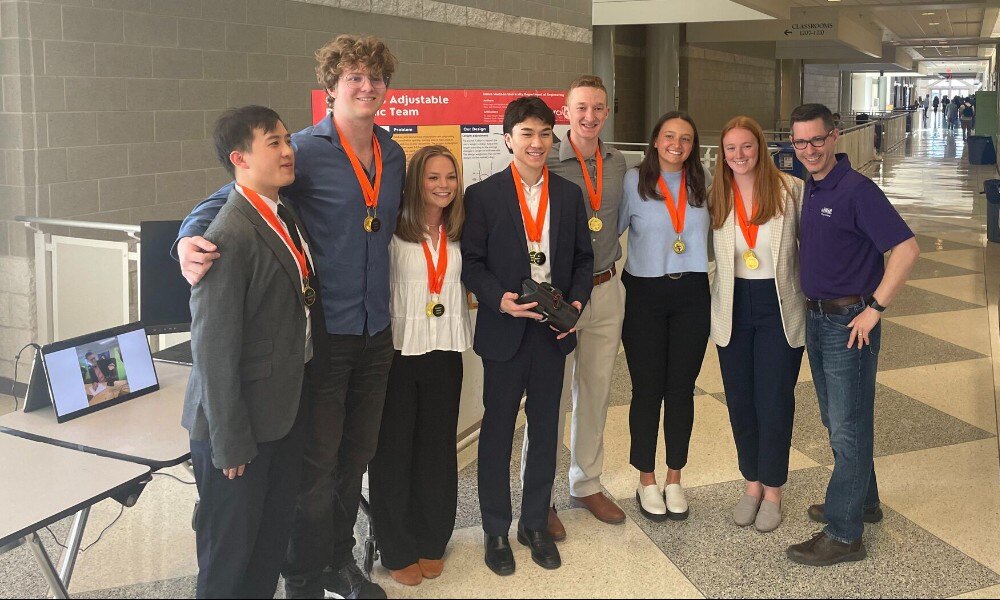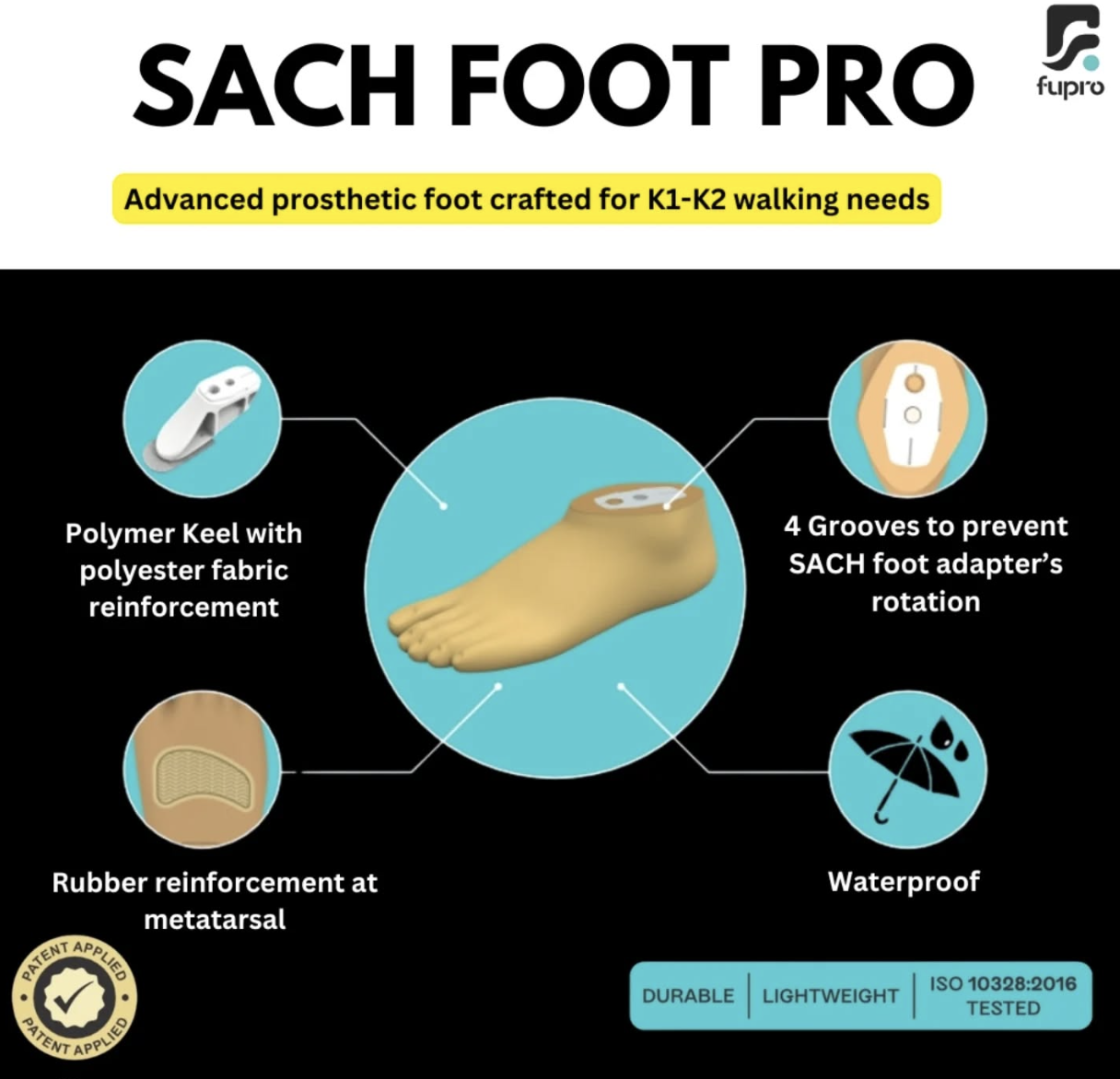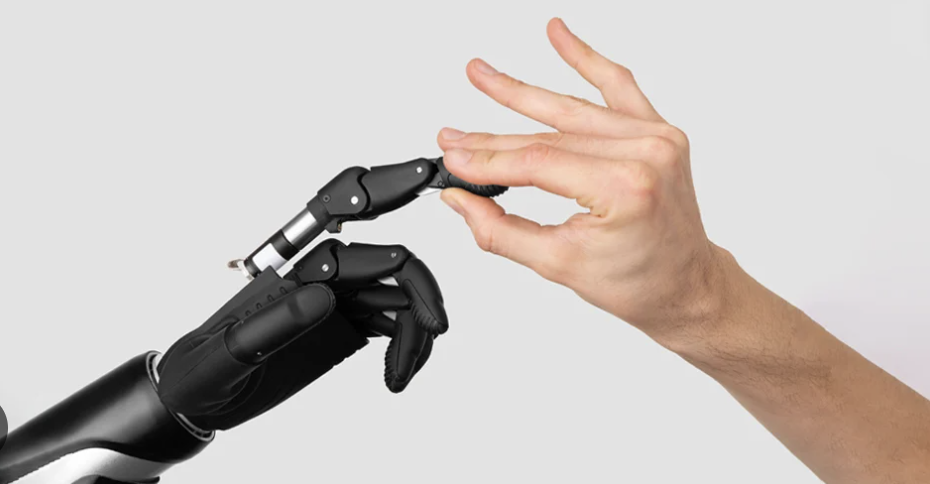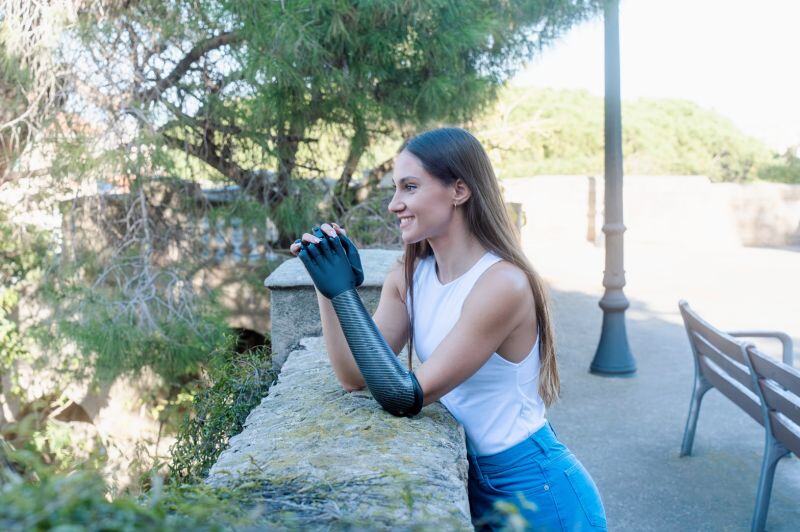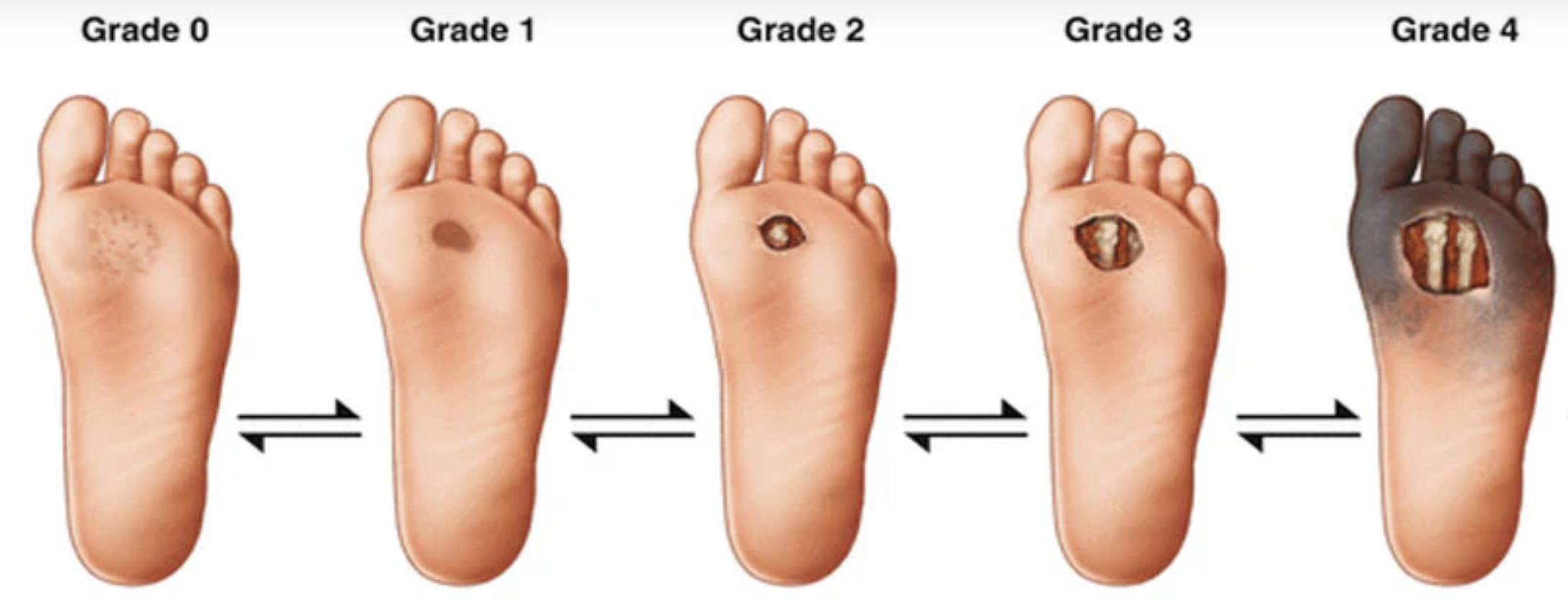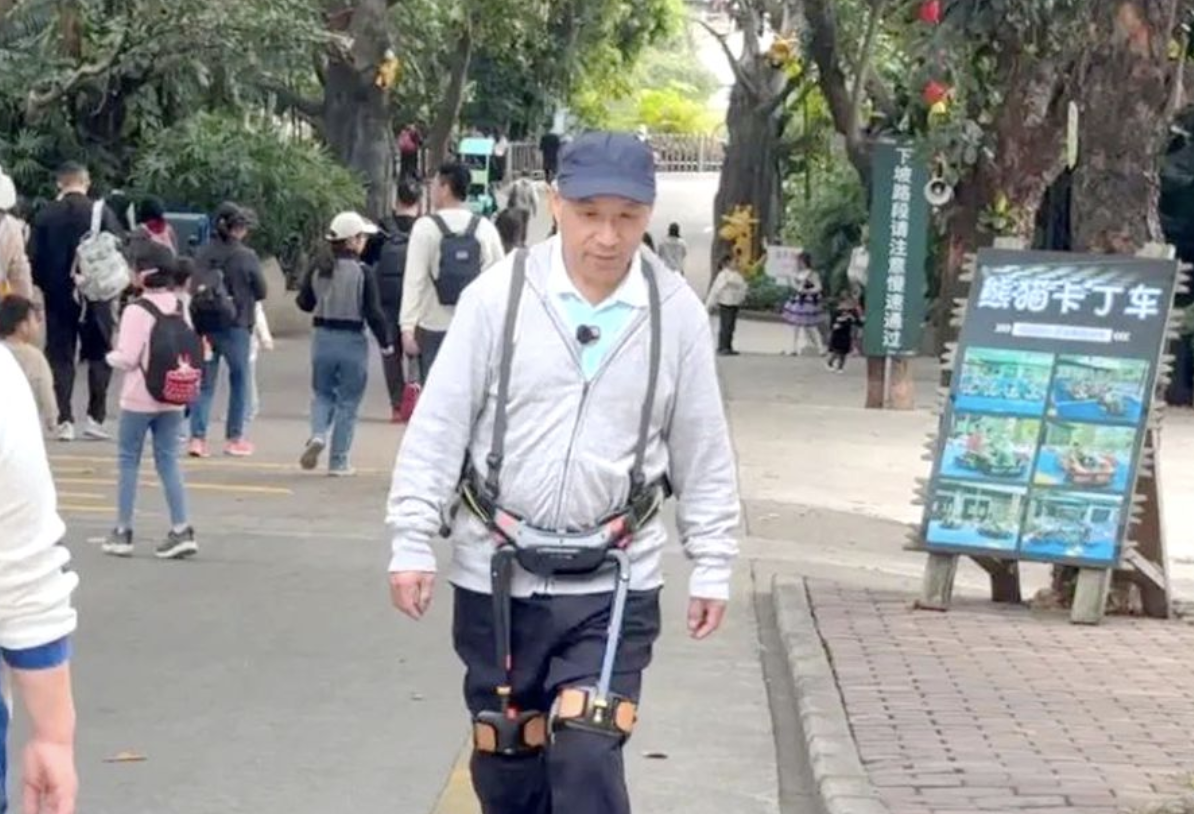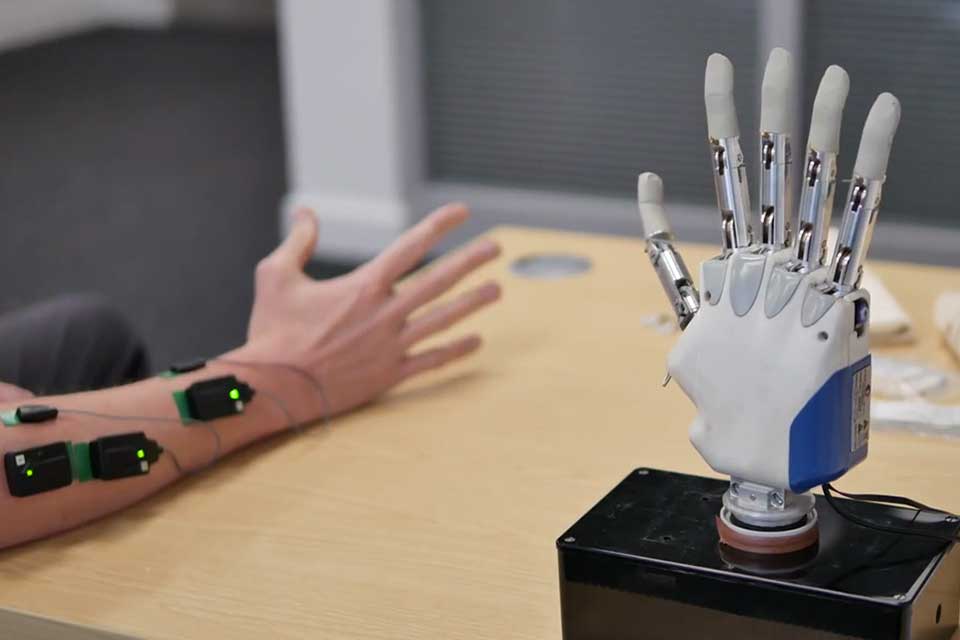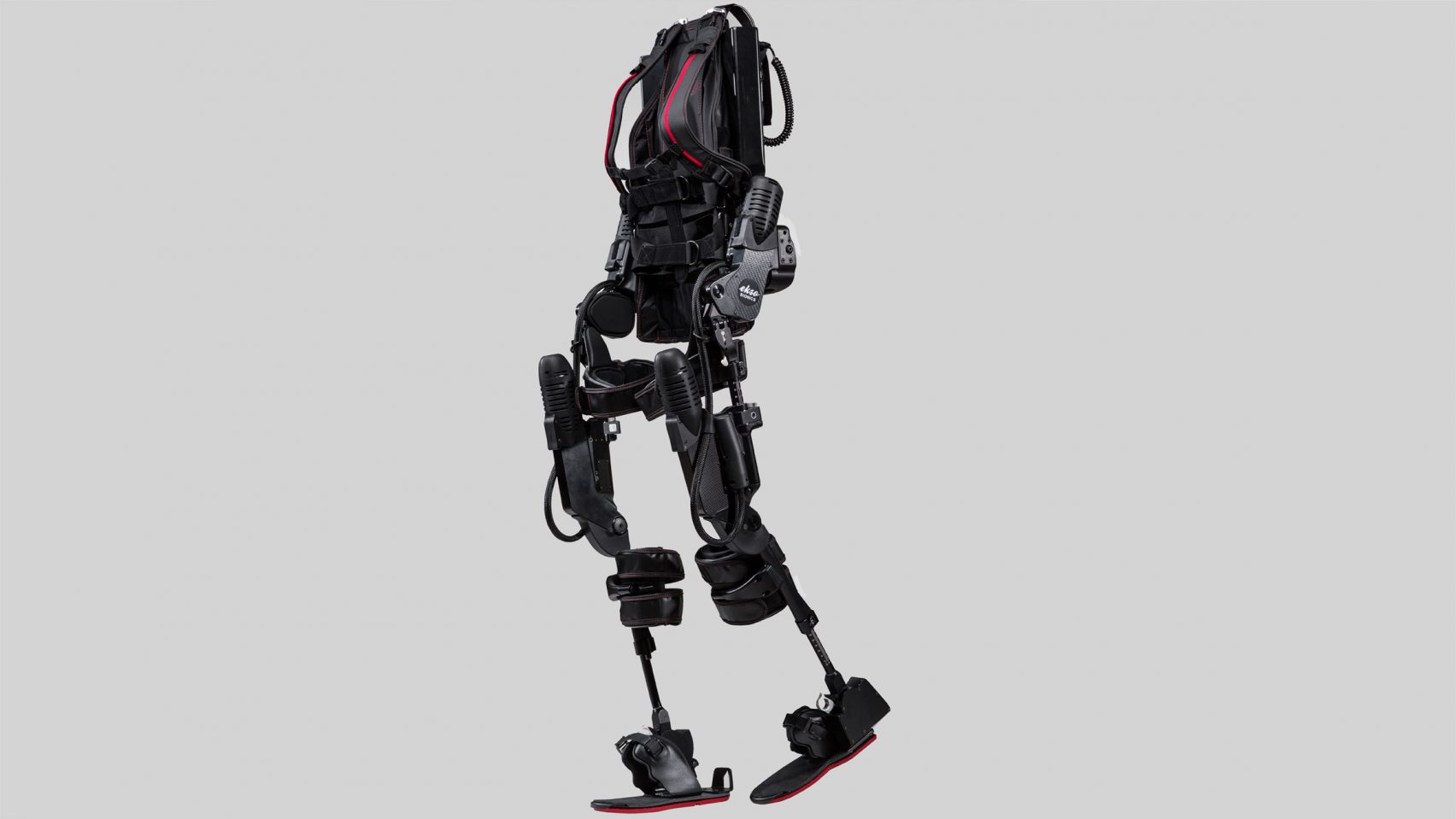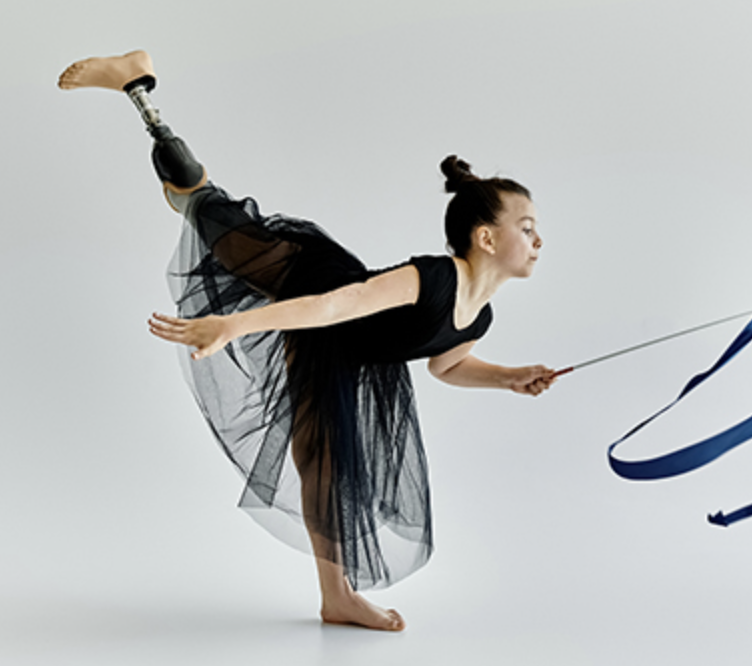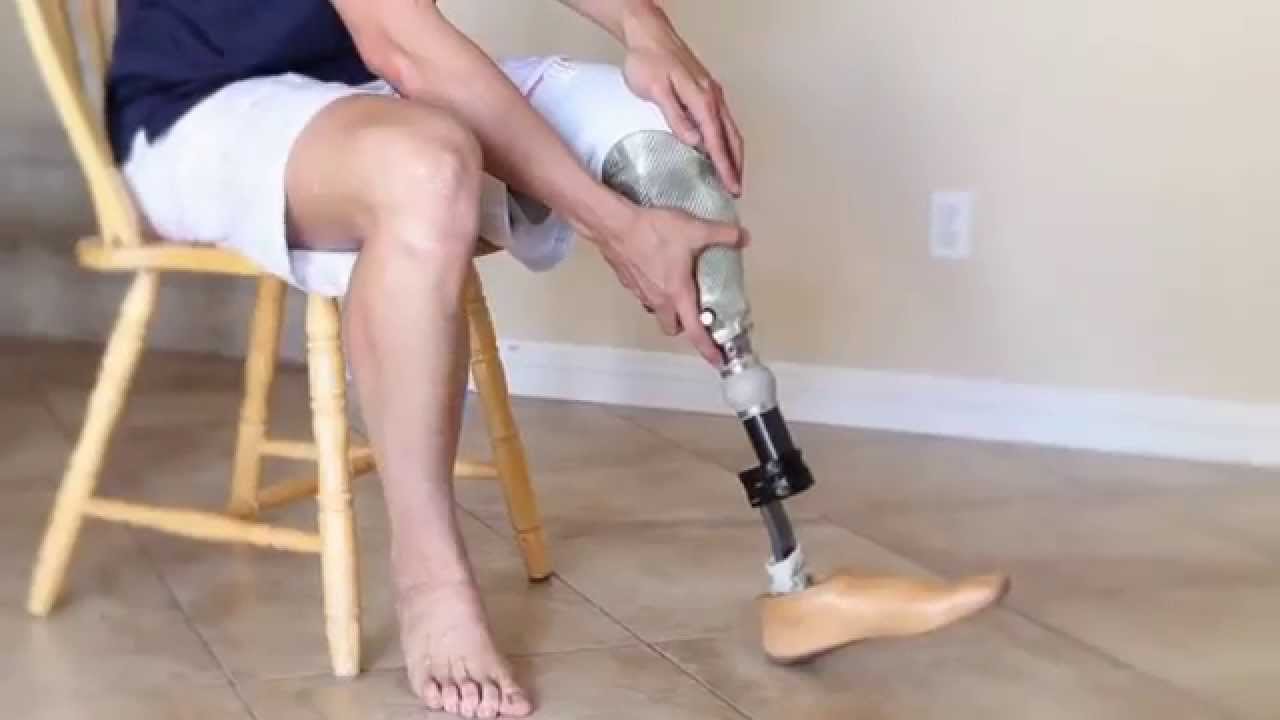Engineering students from James Madison University (JMU) in Virginia have taken on a challenging mission to design a below-knee prosthesis that can adjust and grow with a child. This innovative project aims to address the discomfort and pain experienced by child amputees due to rapid limb growth, which often leads to ill-fitting prostheses.
The team, consisting of Abby Charleston, Danny Tyra, Emily Vierrether, Jack Nordstrom, Jack Zhao, Parker Agan, Matrix Chen, Megan Caulfield, and Will Bradford, worked on creating a comfortable and adjustable prosthesis that would reduce the need for frequent replacements.
This capstone project was inspired by the fact that adjustable prostheses—especially those designed for children—aren’t as readily available as they should be. And as child amputees grow, they will often need to keep changing their prostheses, which can easily add up in costs.
In an interview with JMU News, Charleston, one of the team members, highlighted the challenges children with limb loss face, emphasizing that many are unable to run, jump, and play due to uncomfortable and poorly fitting prostheses, which can cause rashes and even open wounds.
To create the adjustable prosthesis, the team divided into subgroups, each focusing on specific tasks, such as computing, length adjustment, and volume adjustment. The length adjustment team focused on ensuring that the prosthesis could grow with the child, while the volume team addressed fluctuations, such as leg swelling and minor changes.
Meanwhile, the computational team created a system that uses sensor data to monitor and adjust the prosthetic leg in real-time. If a child's prosthetic leg becomes too small, the system will send a notification to arrange for the necessary adjustments.
Over two years, the project underwent significant development. The team presented a sophisticated design that included a screw mechanism for length adjustment, air bladders for adjusting the internal volume of the socket, and an integrated computing system for gathering data on force and pressure within the prosthetic socket.
The adjustable prosthetic socket won the Best Overall Capstone Project and the 2024 JMU Engineering People’s Choice Award. While there are no updates yet on whether this design will soon be available for more people, this is a great sign of the direction of prosthetic developments.
Most importantly, the project helped more students realize what they want to do in the future, like Caulfield, who has had a lifelong interest in prosthetics. In an interview with JMU News, she shared that this project helped her realize that she can combine her passion for engineering with her desire to help others.
